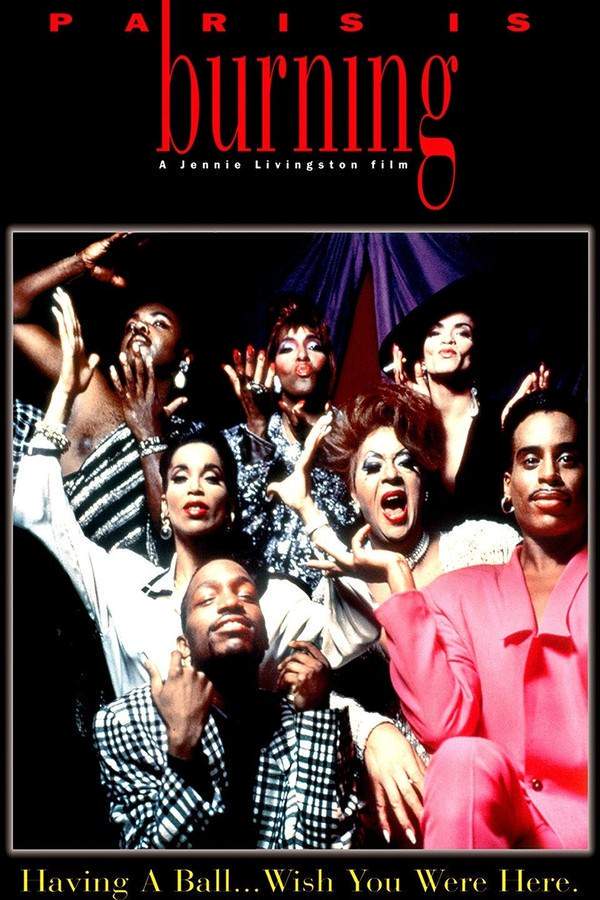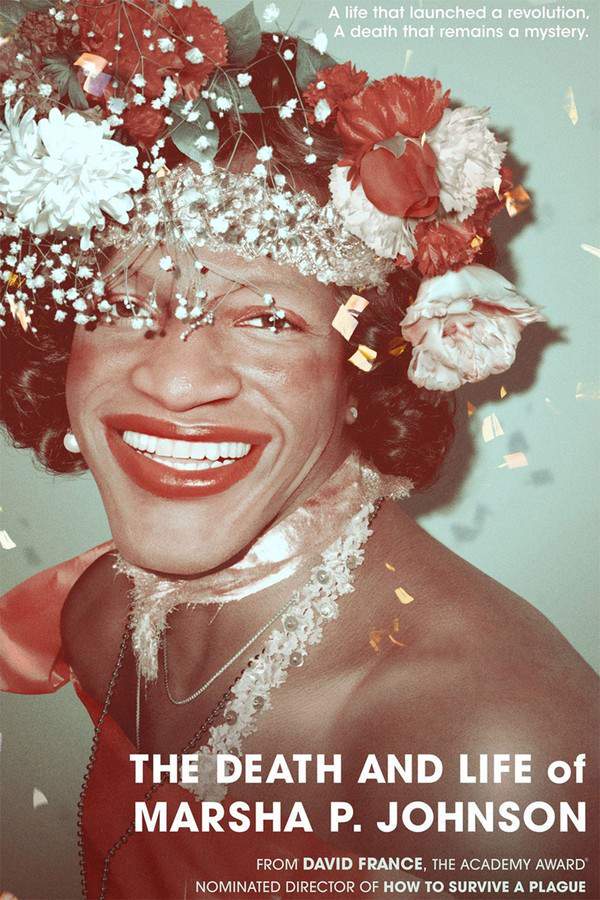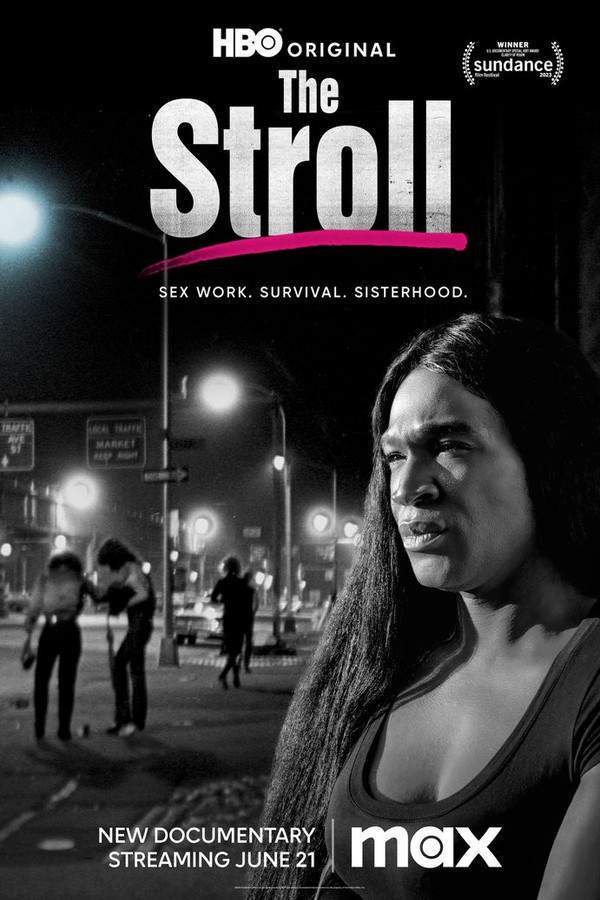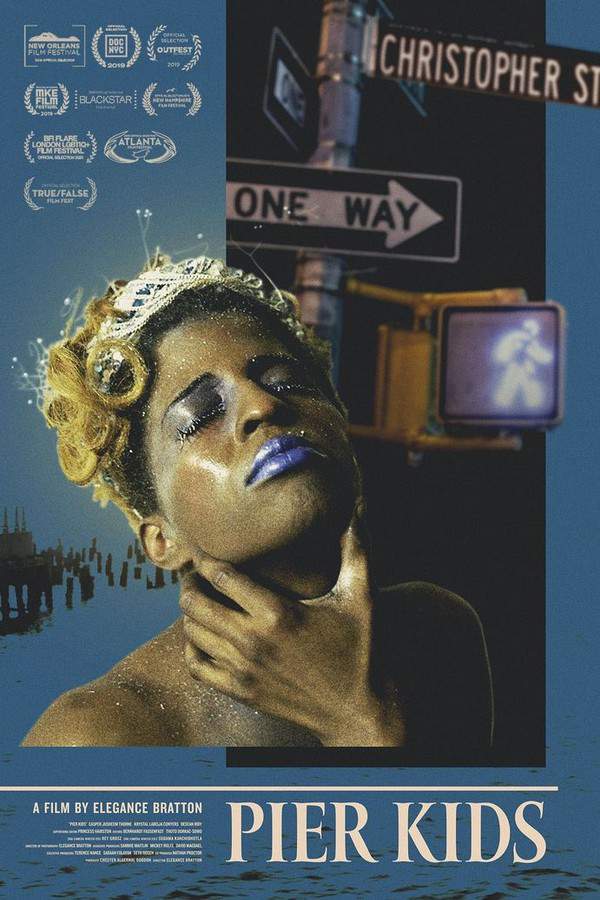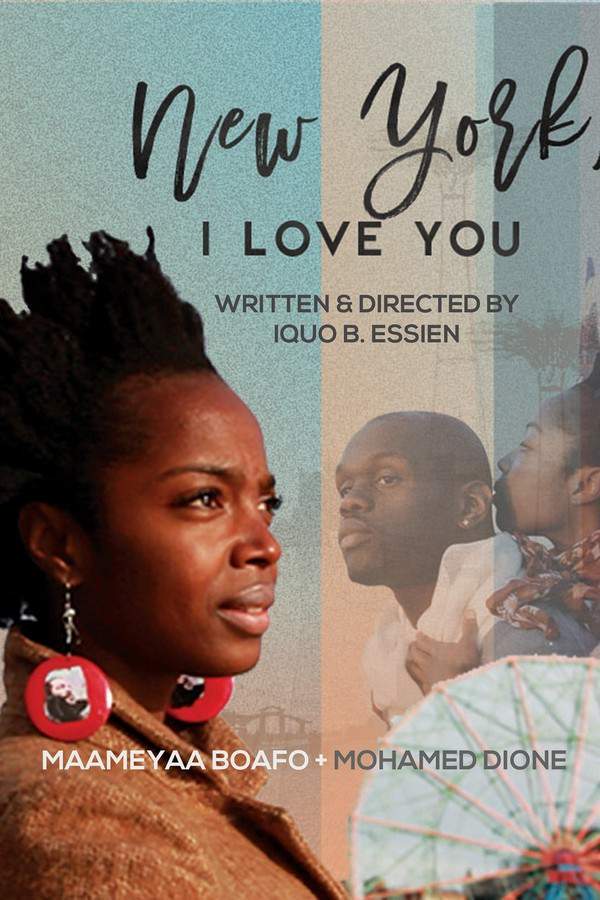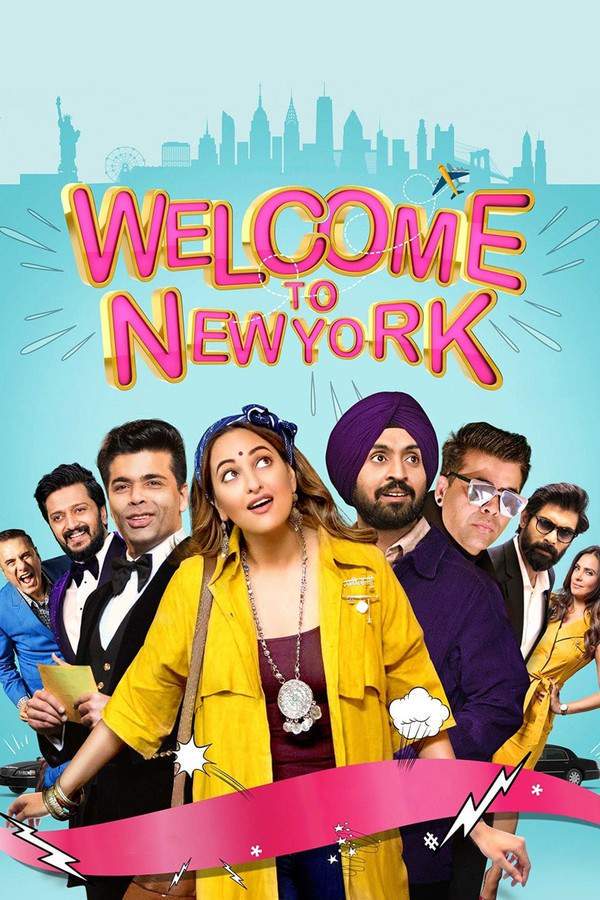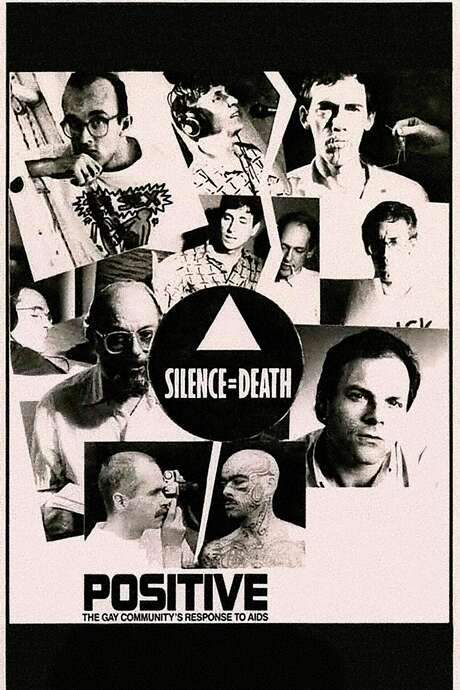I Hate New York 2020
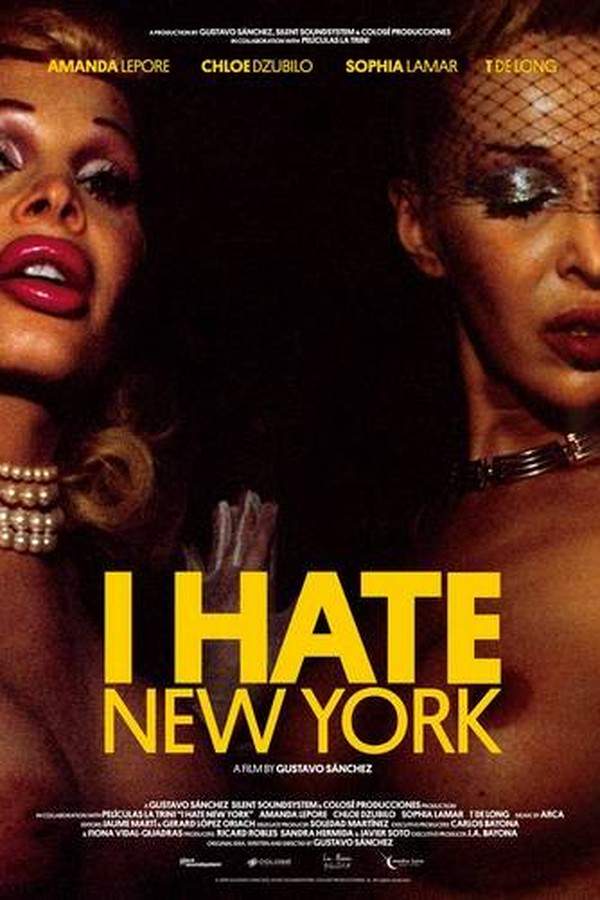
Four transgender activists navigate the complexities of New York City, facing societal pressures as they fight for self-expression and acceptance. The film explores their individual journeys and the challenges they encounter while striving to create a space for themselves within a vibrant, but often unforgiving, urban environment.
Does I Hate New York have end credit scenes?
No!
I Hate New York does not have end credit scenes. You can leave when the credits roll.
Meet the Full Cast and Actors of I Hate New York
Explore the complete cast of I Hate New York, including both lead and supporting actors. Learn who plays each character, discover their past roles and achievements, and find out what makes this ensemble cast stand out in the world of film and television.
External Links and Streaming Options
Discover where to watch I Hate New York online, including streaming platforms, rental options, and official sources. Compare reviews, ratings, and in-depth movie information across sites like IMDb, Rotten Tomatoes, Metacritic or JustWatch.
Ratings and Reviews for I Hate New York
See how I Hate New York is rated across major platforms like IMDb, Metacritic, and TMDb. Compare audience scores and critic reviews to understand where I Hate New York stands among top-rated movies in its genre.


100%
TOMATOMETER

80%
User Score

6.7 /10
IMDb Rating
Take the Ultimate I Hate New York Movie Quiz
Challenge your knowledge of I Hate New York with this fun and interactive movie quiz. Test yourself on key plot points, iconic characters, hidden details, and memorable moments to see how well you really know the film.
I Hate New York Quiz: Test your knowledge of the documentary 'I Hate New York' with this 10-question quiz.
What year does the film primarily focus on?
1980-1990
2007-2017
2017-2020
Show hint
Full Plot Summary and Ending Explained for I Hate New York
Read the complete plot summary of I Hate New York, including all major events, twists, and the full ending explained in detail. Explore key characters, themes, hidden meanings, and everything you need to understand the story from beginning to end.
In I Hate New York, set against the vibrant backdrop of New York City from 2007 to 2017, director Gustavo Sánchez takes us on a heartfelt journey through the lives of four remarkable transgender artists: Amanda Lepore, Chloe Dzubilo, Sophia Lamar, and T De Long. With nothing but a home video camera and no scripted dialogue, Sánchez captures the raw and unfiltered essence of their experiences, allowing their personal narratives to unfold in compelling detail.
As their stories intertwine, fragments of their past come to light, revealing the often dramatic yet always captivating journey that shaped their identities and transformed their lives. Viewers are drawn into a rich tapestry of emotions—fears, hopes, and the relentless pursuit of freedom. This film goes beyond mere observation; it engages the audience in a powerful dialogue about survival and the bonds forged within the transgender community.
Particularly poignant is the story of Chloe Dzubilo, a trans artist and HIV activist who has been a crucial voice for the transgender community and those affected by AIDS since the ’90s, showcasing her vital role during a significant epoch in history. Over the span of a decade, Sánchez artfully navigates the evolution of Manhattan’s East Side, shedding light on a vibrant art and club scene that flourished in the late ’80s and early ’90s but began to dissipate post-9/11. This was a time when the energies of punk, disco, rap, and new wave converged, with trans artists using art and music as platforms for activism.
Throughout this evocative exploration, the film’s camera becomes a companion in motion, capturing intimate moments as it travels through the alleys, taxis, and nightlife of the city. It invites us into the hidden corners of underground dives, sleazy motels, and dimly lit dressing rooms, where looks, gestures, and confessions are portrayed with unparalleled honesty and depth.
The narrative is further enhanced by a meticulously curated soundtrack featuring acclaimed contemporary artist ARCA, Academy Award®-winning composer Ryuichi Sakamoto, the innovative soundscapes of Alva Noto, and the iconic drag artistry of Sharon Needles, alongside the punk-rock rhythms of the Transisters, weaving an audibly rich experience that complements the unconventional storytelling.
Through this brave film, we are not merely spectators but confidants to these extraordinary lives and their enduring fight for recognition and acceptance, turning the lens of insight on their unforgettable experiences in New York’s ever-evolving landscape.
Uncover the Details: Timeline, Characters, Themes, and Beyond!

Coming soon on iOS and Android
The Plot Explained Mobile App
From blockbusters to hidden gems — dive into movie stories anytime, anywhere. Save your favorites, discover plots faster, and never miss a twist again.
Sign up to be the first to know when we launch. Your email stays private — always.
Discover Film Music Concerts Near You – Live Orchestras Performing Iconic Movie Soundtracks
Immerse yourself in the magic of cinema with live orchestral performances of your favorite film scores. From sweeping Hollywood blockbusters and animated classics to epic fantasy soundtracks, our curated listings connect you to upcoming film music events worldwide.
Explore concert film screenings paired with full orchestra concerts, read detailed event information, and secure your tickets for unforgettable evenings celebrating legendary composers like John Williams, Hans Zimmer, and more.


I Hate New York Themes and Keywords
Discover the central themes, ideas, and keywords that define the movie’s story, tone, and message. Analyze the film’s deeper meanings, genre influences, and recurring concepts.

Unlock the World of Movies with Our Comprehensive Wiki
Dive into our Movie Wiki for in-depth film encyclopedia entries, including cast biographies, production trivia, plot synopses, behind-the-scenes facts, and thematic analyses. Whether you’re researching iconic directors, exploring genre histories, or discovering hidden easter eggs, our expertly curated movie database has everything you need to fuel your cinematic passion.

Similar Movies To I Hate New York You Should Know About
Browse a curated list of movies similar in genre, tone, characters, or story structure. Discover new titles like the one you're watching, perfect for fans of related plots, vibes, or cinematic styles.
Quick Links: Summary, Cast, Ratings, More

What's After the Movie?
Not sure whether to stay after the credits? Find out!
Explore Our Movie Platform
New Movie Releases (2025)
Famous Movie Actors
Top Film Production Studios
Movie Plot Summaries & Endings
Major Movie Awards & Winners
Best Concert Films & Music Documentaries
Movie Collections and Curated Lists
© 2025 What's After the Movie. All rights reserved.










